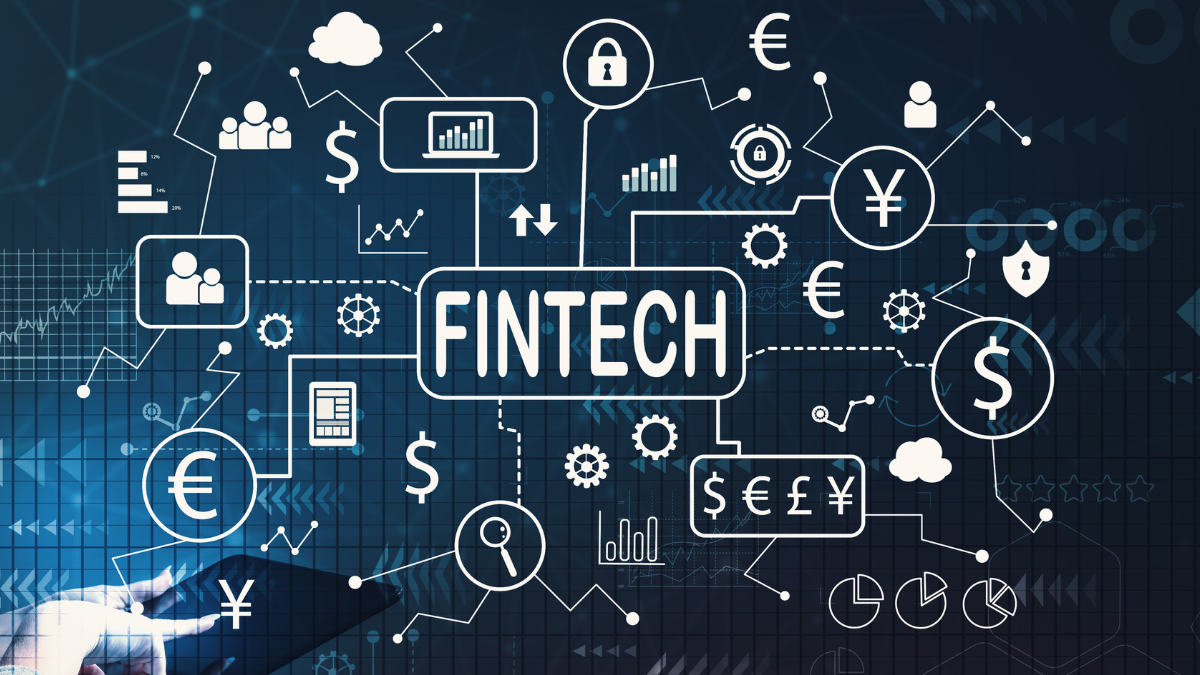In the fiscal year 2022, there was a notable decline in the fintech sector, attributed to the increase in central bank interest rates, the diminishing impact of globalization, and the waning effects of trends related to the pandemic. These factors had previously driven substantial growth across the industry over a prolonged period.
However, the landscape is shifting due to the extensive implementation of digitalization, particularly through the integration of AI and ML technologies. This transformation is fundamentally changing the way banking and financial services are provided, with significant implications. Furthermore, this ongoing digital revolution is expected to persist and shape the trajectory of the industry in the times ahead.
Fintech companies are leveraging digital technologies to create innovative products such as mobile payment solutions, peer-to-peer lending platforms, and cryptocurrencies. As digital technologies advance, fintech companies will be able to improve access to financial services, streamline and secure financial transactions, and increase customer satisfaction.
The emergence of new markets has played a critical role in transforming the sector. The growing popularity of mobile phones and mobile wallets, as well as the adoption of digital banking and sophisticated payment systems, has aided in the expansion of market presence. This trend has significantly altered how these markets access and use financial services.

Even the transaction volume is expected to increase by 169% to 576 billion in FY26 from 214 billion in FY22, owing to the convenience provided by Fintech such as mobile banking, digital wallets, and peer-to-peer payment apps, which allow users to send money, make payments, and manage their accounts quickly and easily, resulting in higher transaction volumes.
Globalization and cross-border travel will also become more accessible and affordable. International money transfers, foreign exchange services, and global payment platforms have reduced the barriers to conducting transactions across multiple currencies and countries, indicating a long-term contribution to transaction volume.
(BNPL) Trend: One area that saw a significant pullback in FY22 was BNPL, a growing method of payment that provides customers with installment credit for e-commerce transactions. It has been heavily criticized as an unpleasant practice that may lead to consumers creating spending habits. Despite these challenges, we believe BNPL will continue to lead a revolution. Historically, consumers could purchase goods in installments. However, the lack of an equivalent in e-commerce left a ~$300bn potential opportunity untapped. BNPL has begun to capture this market and now accounts for ~1.5% to ~2.3% of all online purchases. We believe it has the potential to grow into the double digits.
Web 3.0 & Metaverse: The emergence of AI, ML, and Blockchain technology triggered the rise of Web 3.0 and the Metaverse. Decentralized finance (DeFi) refers to the use of blockchain and cryptocurrency technology to recreate traditional financial services such as lending, borrowing, trading, and insurance in a decentralized manner. DeFi platforms operate without intermediaries, providing greater transparency and accessibility to financial services, and are now gaining traction in the fintech market. By 2023, the Web 3.0 Blockchain market will be worth ~$6.17 billion. From FY23 to FY30, this figure is expected to grow at a CAGR of ~44.2%.
The internet’s infrastructure will be rebuilt as more fintech waves through it, making it a safe and secure, more approachable, and more cost-effective haven for business activities. It will make it possible for regulators, businesses, and individuals to work and collaborate in a more open online environment.
UPI 2.0 & Digital Rupee: Unified Payments Interface (UPI) and e-Rupee are Indian developments that are spreading around the world. UPI operates on a highly secure platform that guarantees end-to-end security and total data protection.
The National Payments Corporation of India (NPCI) announced UPI 2.0, which includes support from all major banks, an overdraft facility, a one-time mandate, signed intent, QR code payments, and invoicing. The digital Rupee is a virtual version of physical money that can be withdrawn and stored in a digital wallet much like real currency. However, unlike UPI, eRupi is managed by the RBI and does not have a single proprietor. UPI is currently a payment method in Singapore, and it will soon be accessible in the UAE, France, Nepal, and numerous more countries.
RegTech and Compliance Solutions: Regulatory technology (RegTech) is the use of technology to assist financial institutions in complying with rules in an efficient and cost-effective manner. This covers KYC (Know Your Customer), AML (Anti-Money Laundering), and cybersecurity solutions.
–Subhendu Kumar Behera (Crispidea Analyst)
For equity reports on fintech CLICK HERE
For more blogs CLICK HERE




